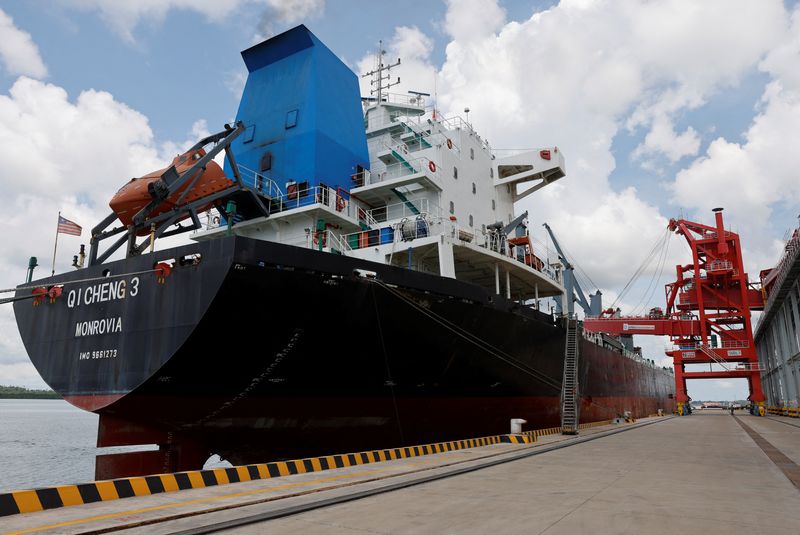The government of Indonesia, under the leadership of President Joko Widodo, has taken a significant step towards enhancing the country’s economic development and global trade relations. The recent formal request made by Indonesia to join the Trans-Pacific Partnership (TPP) trade agreement reflects the nation’s commitment to fostering international trade cooperation and boosting its economy.
Indonesia, as one of the largest and most populous countries in Southeast Asia, plays a crucial role in the regional economic landscape. By seeking to become a member of the TPP, Indonesia aims to leverage the benefits of this comprehensive trade agreement, which includes 11 countries such as Japan, Australia, Canada, and Mexico, among others. The TPP facilitates trade by reducing tariffs, promoting investment, and implementing common standards and regulations among member nations.
Joining the TPP would offer Indonesia access to a wider market for its exports, particularly in sectors such as agriculture, manufacturing, and services. This could lead to increased foreign investment inflows, technology transfer, and overall economic growth for the country. Additionally, being part of the TPP would enhance Indonesia’s standing in global trade and strengthen its diplomatic ties with other member nations.
However, Indonesia’s bid to join the TPP also presents challenges and considerations that need to be addressed. The country will need to align its trade policies and regulations with the standards set by the agreement, which may require substantial reforms and adjustments to its existing systems. Furthermore, there could be concerns about the potential impact on certain industries and sectors within Indonesia, as increased competition from other TPP members might pose challenges to local businesses.
Despite these challenges, the Indonesian government appears determined to pursue membership in the TPP as part of its broader strategy to boost economic growth and competitiveness. The move reflects a recognition of the importance of international trade agreements in today’s interconnected global economy. It also signals Indonesia’s willingness to engage in deeper economic integration with its regional and global partners.
In conclusion, Indonesia’s formal request to join the Trans-Pacific Partnership marks a significant milestone in the country’s trade policy and economic development efforts. By seeking to be part of this prominent trade agreement, Indonesia is signaling its commitment to fostering international trade cooperation, expanding market access, and driving economic growth. As the nation moves forward with its TPP membership bid, it will be essential to carefully navigate the challenges and opportunities that come with closer integration into this influential trade pact.



